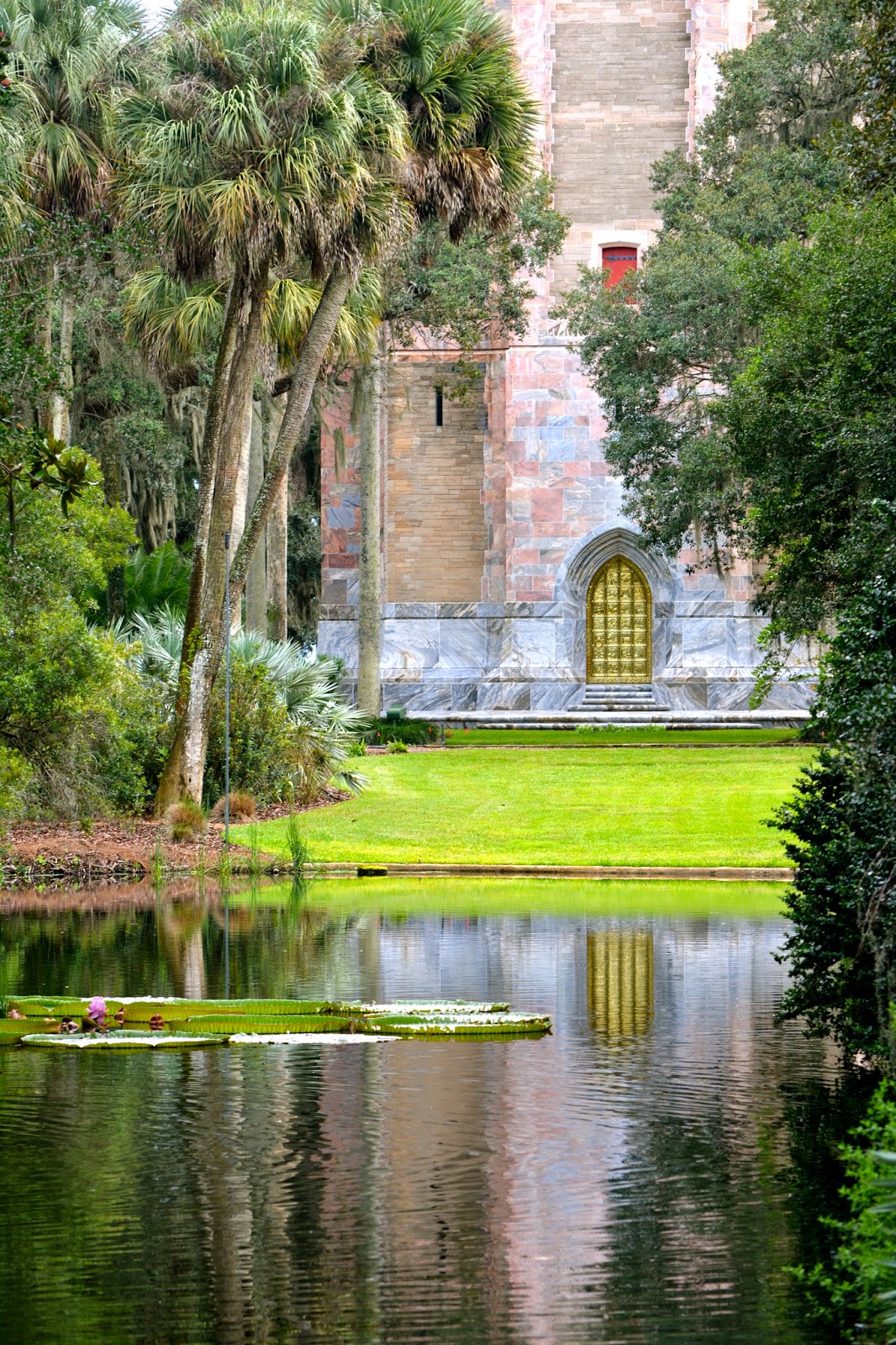In my last blog, I wrote about how Paul should be admired for being "a nurturer, someone who cared about discipleship as much as, if not more than, winning new converts." We see strong evidence of that in Acts chapter 20:
"On the first day of the week, as we gathered together for a meal, Paul was holding a discussion with them. Since he was leaving the next day, he continued talking until midnight. There were many lamps in the upstairs room where we had gathered. A young man named Eutychus was sitting in the window. He was sinking into a deep sleep as Paul talked on and on. When he was sound asleep, he fell from the third floor and died. Paul went down, fell on him and embraced him, then said, "Don’t be alarmed. He’s alive!" Then Paul went back upstairs and ate. He talked for a long time—right up until daybreak—then he left. They took the young man away alive, and they were greatly comforted." (Acts 20:7-12, CEB)
There are some interesting things for us to glean from this passage:
- We see in verse 7 a reference to Sunday as the appointed day to gather for Christian worship. Sunday is the first day of the Jewish work week but for Christians it is a day of resurrection. So, this is the day set apart to gather in community for worship and fellowship.
- Paul, the discipling nurturer he was, had gathered the believers in Troas together according to what had become the custom for providing them encouragement in their faith - through Word and Table.
- We then read at the end of the passage that the believers "were greatly comforted." Paul had done his job and done it well.
So what might this mean for us today?
Interestingly enough, a former professor of mine wrote a blog just this week titled "Corporate Worship as Discipleship in the Early Church" that got my wheels turning. In it, he writes about how the early worship services didn't focus on the "unchurched" visitors, or their conversion, at all. Rather, the unchurched visitors came as a result of having encountered the believer in the course of everyday, ordinary life and were in attendance so that they could learn about what Christians really believed and why. He concludes with this paragraph:
"What they experienced and learned in the worship service...helped them live lives that proclaimed the truth of the Christian message, and when they gathered together to worship, they were encouraged by one another’s presence and participation in the prayers, readings, preaching, and Communion."We gather in our places of worship on Sunday to experience the presence of God through Word and Table in order to receive what Will Willimon calls "the ministry of encouragement." Without this time set apart, it would be far too easy for us to "be conformed to the patterns of the world" and for us to forget who we are and Whose we are. It is a time for us to receive, as John Wesley put it, a "strengthening and refreshing of our souls" so that we might go into our everyday, ordinary lives on Monday morning alive and "greatly comforted."
These days, with church attendance in decline, a lot of emphasis is placed on how to attract more visitors on Sunday morning...especially the seemingly elusive "Millennials" (about whom a ludicrous number of articles and blogs have been written). I think the Acts of the Apostles has always had the answer.
Koinonia.
In other words, community, fellowship, and as Jim Wallis put it "the call simply to be the church, to love one another, and to offer our lives for the sake of the world."
We first encountered this word back in Acts chapter 2:
"The believers devoted themselves to the apostles’ teaching, to the community, to their shared meals, and to their prayers." (Acts 2:42, CEB)I confess that I read just about every one of the aforementioned articles and blogs about Millennials that I come across. This week was no exception when I read this. I am also a glutton for punishment so that means I often read the comments section as well. I was pleasantly surprised and encouraged, however, to read this comment:
"In case my experience (as a 23-year-old) helps anybody: I began attending my current church, in a new city, 50% because of a word of mouth recommendation, and 50% because their website was clear and up to date and talked about the ministries they do and ways to be involved. (creation care, opportunities to get involved in the worship service). But I STAYED because after the first service people introduced themselves to me, welcomed me, and then when I went back 2 weeks later, remembered my name. I stay not because of amazing music (although ours is decent), or flashy worship (we're Anglican and tradition), or a large youth ministry group (there's me and two others, which is up 50% from a few months ago), but because I am WELCOME. People have offered help, invited me to dinner, asked me to join committees and ministries, given me rides to church when I was without a car. I was seeking community and authenticity and I found it. I am not everybody, nor do I represent all Millennials by any stretch of the imagination, but I believe my experience is similar to many. We want a nonjudgmental community that welcomes us...just like any other churchgoer."I was seeking community and authenticity and I found it.
It seems to me that is exactly what the early church was about...and so should we.














